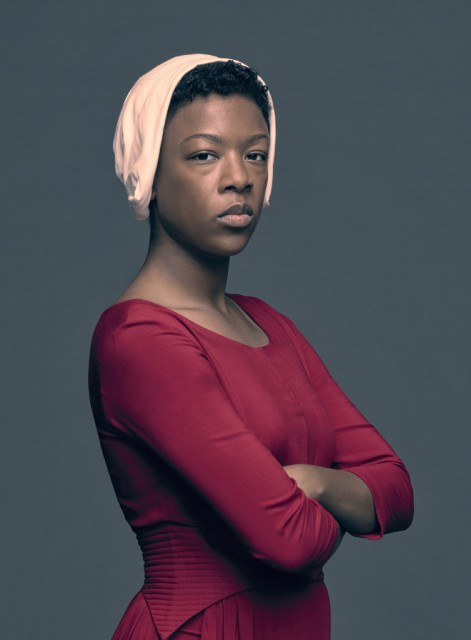Review: The Handmaid’s Tale
[English version below the cut.]
Mi ero ripromessa di non scrivere più stroncature. Come dice un personaggio di un film geniale sul fare arte: “è divertente da scrivere e da leggere”; ma non basta.
Poi ho visto la seconda stagione di The Handmaid’s Tale. Credo di aver retto fino alla fine per una combinazione di ripicca, speranza e amore per Yvonne Strahovski, Max Minghella e Bradley Whitford.
 |
|---|
| I was a bit angry |
Intanto Lorenzo Fantoni aveva deciso di essere un alleato femminista non solo con le parole (peraltro: non sono certa che affrontare flame con quelli che sostengono che non ci sia sessismo tra i gamers siano “solo parole”) ma anche nella gestione degli spazi sotto il suo controllo, cercando di evitare la sagra della salsiccia sul suo sito N3rdcore.
E così mi sono trovata a scrivere una delle stroncature più feroci della mia vita, e ai tempi di [duel] ero andata a vedere il Lost in Space con Gary Oldman.
La trovate qui. Spiego anche cos’è il white feminism e come non fare un controcampo.
Buon divertimento.
English version
I had promised myself not to write another negative review. As someone says in a brilliant movie about making art, “it’s fun to write and to read” – but that’s not enough.
Then I watched the second season on The Handmaid’s Tale. I kept on watching until the end out of a combination of spite, hope, and love for Yvonne Strahovski, Max Minghella and Bradley Whitford.
Meanwhile, Lorenzo Fantoni had decided to be a feminist ally not just in words (though I’m not sure that picking up flames with people who say that there’s no sexism in gaming is “just words”) but in his actions, by trying to make his website less of a sausagefest (his words, not mine).
So I ended up writing one of the most scathing reviews of my life (so far) (ever, I hope), and consider that I reviewed the 1998 version of Lost in Space.
You can find it here (in Italian). I’m trying to explain what what feminism looks like, and how a reverse shot doesn’t work.
Have fun.